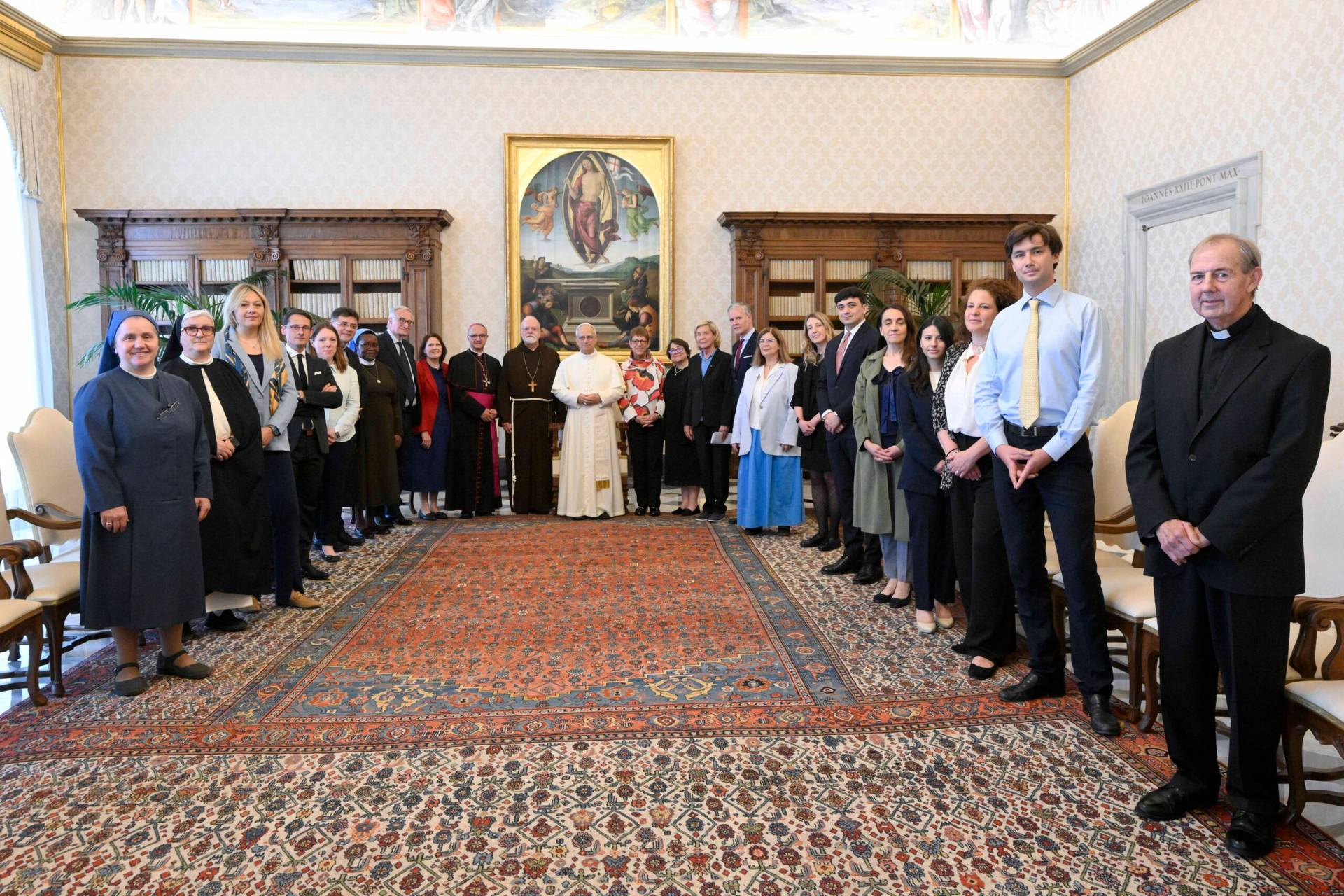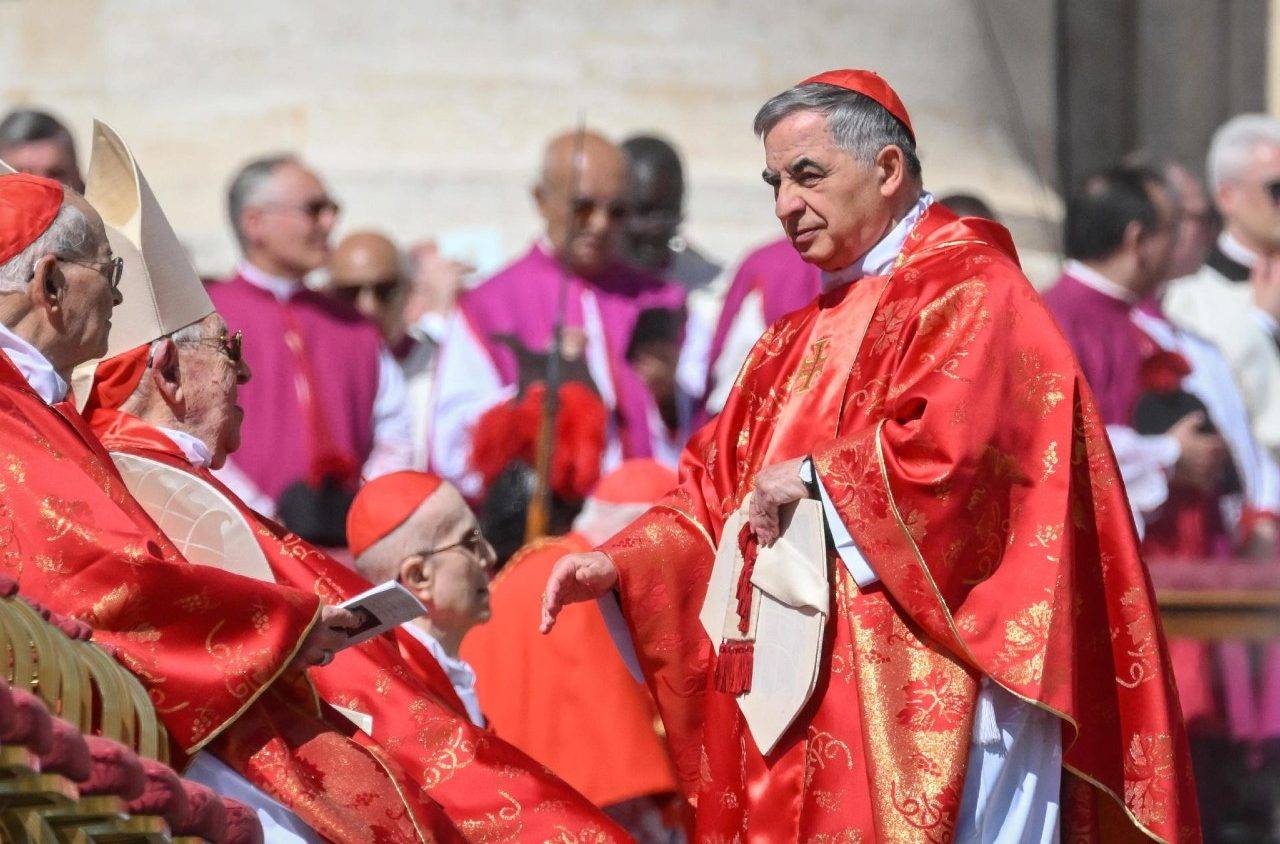ROME – Journalists tend to overuse phrases such as “make or break”, and in the case of Pope Francis’s annual Christmas address to the Roman Curia on Friday, it really doesn’t apply.
The Latin American pope has given five such speeches so far to the senior leadership of the Vatican bureaucracy, and by the time he’s done, there will no doubt be several more.
Yet despite all that, there is something special about this edition of the pope’s annual appointment with his Vatican team, one that lends an air of portent to whatever he chooses to say.
To understand why that’s the case, it’s important to recall that when Francis was elected in March 2013, the College of Cardinals wasn’t really shopping for a maverick pope who would upset the Church’s staid doctrinal patterns, or a media icon who would revolutionize the public profile of the modern papacy – although, in retrospect, it got both.
Instead, the cardinals were looking for a governor who would execute long-overdue reforms on two fronts that appeared to be left hanging after the last two papacies, meaning St. Pope John Paul II and Benedict XVI: the clerical sexual abuse scandals, and the perpetual mess of Vatican finances.
On the sex abuse front, things were left half-done at the end of Benedict’s eight years. Enormous strides were made towards accountability for the crime of sexual abuse of a minor, including the laicizations of hundreds of abuser priests. However, there was no equivalent form of accountability for the crime of covering up sexual abuse, the primary perpetrators of which are bishops and religious superiors.
Francis faced the task of plugging that hole, and to be honest, to date he hasn’t delivered. In 2015 he made a noble effort, announcing the creation of a new section within the tribunal of the Congregation for the Doctrine of the Faith, the mandate of which would be precisely to hear cover-up cases against bishops. The idea came from the Pontifical Commission for the Protection of Minors, the body created by Francis in 2014 to advise him on anti-abuse policy.
Yet that new section arrived stillborn, dying amid bureaucratic wrangles over its precise legal standing, its composition, and the standards by which cases against bishops would be judged. Since then, Francis has operated by the same ad-hoc standards as popes before him, accepting the resignations of some bishops caught in flagrant situations of failure to act, but without any real explanation of why those resignations were accepted and without any meaningful sanction being imposed.
In terms of Vatican finances, the balance on Francis’s attempted reforms is actually even more unfortunate: Not only are things back to where they stood at the end of Benedict’s papacy, in some respects they’re now where they were when St. Paul VI died in 1978.
At that stage forty years ago, a few new instruments of accountability had been created but they had no real impact, and effective control over Vatican finances was effectively wielded by the Secretariat of State without any challenge or balance of power.
Flash forward four decades, and that’s the situation as of the end of 2018.
After several promising starts at reform in 2014 and 2015, since then Francis has either directly encouraged or tacitly permitted a series of steps with the net effect of stepping back from greater transparency and re-concentrating power in the Secretariat of State.
Consider:
- For the last five years, the Vatican hasn’t even bothered putting out an annual financial statement, however incomplete or enigmatic those documents used to be.
- There still has been no independent audit of Vatican finances.
- As Cardinal George Pell is back in his native Australia fighting off charges of “historical sexual offenses,” his Secretariat for the Economy is leaderless and stripped of several of the powers it initially enjoyed.
- After Auditor General Libero Milone was fired under murky circumstances in 2017, the Vatican vowed an aggressive search for a successor. To date, however, no successor has been named, and it’s not clear what role that office is playing.
All of which bring us to the curia speech on Friday, because he’s going to send a signal about the present state of things whether he intends to or not.
If the pope does not address the stall in reforms, both on sex abuse and on finances, that’s inevitably going to be taken by many in the curia as a signal that Francis is largely content with the status quo. Some will be frustrated, others satisfied, but in any event the message will be that this is as far as we go.
On the other hand, the pope could choose to say that after some important but preliminary measures up to this point, 2019 needs to be the year in which we get real. Accountability for negligence on both sex abuse and money must be achieved, and real steps in that direction need to be taken.
If that’s the message, then curia personnel will come away from the speech bracing themselves for real change.
We’ll have to wait for Friday to see which way things go, but given what’s at stake, it’s definitely an appointment not to be missed.















